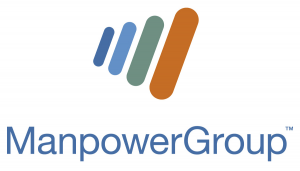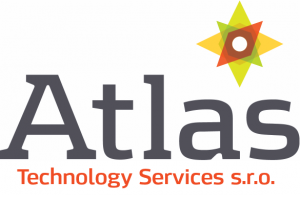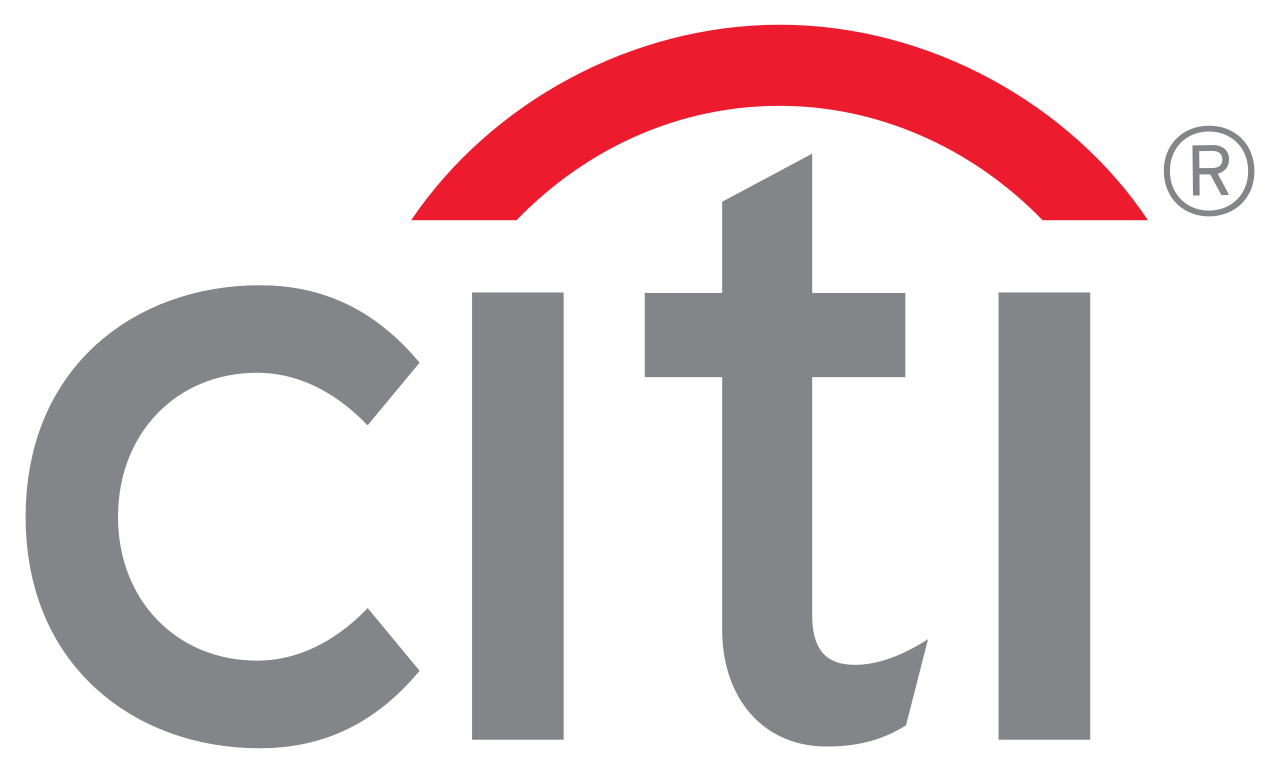How can you prepare now for the work of the future?
16.08.2017Company: EY
Crowd-solving participants at the EY World Entrepreneur Of The Year Forum™ advise on how best to get ready for the future workplace. These are uncertain times for employers and employees alike. Employers are struggling to define the workforce of the future; employees are worried that the workforce won’t include them.There are, however, several certainties. Automation — robotics, robotic process automation (RPA) and artificial intelligence (AI) — will continue to displace workers who have non-cognitive, routine jobs. Organizations will continue engaging more workers on a project basis — by gig. And finding and keeping the right people for the job will get harder.
These are uncertain times for employers and employees alike. Employers are struggling to define the workforce of the future; employees are worried that the workforce won’t include them.
There are, however, several certainties. Automation — robotics, robotic process automation (RPA) and artificial intelligence (AI) — will continue to displace workers who have non-cognitive, routine jobs. Organizations will continue engaging more workers on a project basis — by gig. And finding and keeping the right people for the job will get harder.
Automation and its benefits
Panelists at the World Entrepreneur Of The Year Forum were clear on the future of automation and its benefits. “No matter how sophisticated your work is, if you’re pulling a lever — no matter how complex that work is — someone is bound to come along and think, ‘I can automate this,’” said Vivienne Ming, Co-Founder and Managing Partner, Socos. That’s not the sort of thinking that reassures the career employee. On the other hand, “no one wants to be the first to die from a predictable, diagnosable cancer just to keep a human in the loop.”
Dr. Vishal Sikka, CEO, Infosys, offers a more positive outlook. “Over the course of our lifetimes, these technologies will expand exponentially,” he said. “But they will create new opportunities for people.”
“People are driving it; we are writing it, building it and maintaining it. AI systems will bring huge opportunity over the next 15 years.”
Finders? Keepers?
But what about those people behind the new technology? Who are they now and who will they be in the evolved future workplace? How do organizations find the right employees and earn their loyalty, especially in the growing gig economy?
In the future workforce, Ming says, human talent will dramatically increase as a differentiator. That presents a problem, because levels of education and grades aren’t great predictors of future success in the workplace. There are more reliable predictors, including motivation; sense of purpose; creativity; and the ability to self-assess and be strategic. But how do you measure for those aspects? How do you find the creative problem-solvers the economy of the future will need? Participants in our groundbreaking crowd-solving sessions at the Forum shared some thought-provoking ideas.
Prioritize behaviors over knowledge
Some told us they look for behaviors more than skills or knowledge. After all, as one participant noted, the only way to make sure your organization’s people have the skills they need is to teach them those skills.
Another participant said he prized persistence: the commitment to see something through. So the company gives applicants a test that cannot be passed. Then executives observe how long and how hard candidates work to avoid failing. Do the candidates try to address the challenge from a variety of angles? Do they ask for help? (And, perhaps just as important, do they continue banging their head against the proverbial wall past the point of reason?)
The future of the workplace
Tamara J. Erickson, Adjunct Professor of Organizational Behavior, London Business School, offers a top-10 list for organizations looking to build their future workforce:
- Have fewer full-time employees. Think about who you need to fit into your organization vs. those you can tap into as needed.
- Increase coordination. Identify what’s needed today and use the closest and cheapest options.
- Help employees stay valuable. Artificial intelligence will take on the professions, including medical professionals, accountants and teachers, so employees will need to become creative problem-solvers.
- Build a portfolio of creative people in your community. Start now to identify them and consider the skills your company needs to succeed in the future.
- Reorganize your workforce by project. Organizing by geography or function makes sense in an industrial world, but not in a knowledge world.
- Stop paying by the hour. Pay by the project instead.
- Offer commercially valuable credentials, such as recognition “badges.”
- Provide job security as defined by your employees. Everybody wants to be secure, but the future workforce will take its security from multiple skills and multiple contacts.
- Give people a reason to be excited to work for you. Find attractive ways to differentiate your workplace.
- Think about leadership differently. Create an environment where people want to think and where they want to pour ideas into your company.
The millennial age
Erickson’s list takes into account the latest generation to enter the workforce, the millennials. She notes that millennials want enough: enough time, enough flexibility and of course enough money. And as one of our crowd-solving participants said, millennials value a voice over a secure paycheck. They want to be able to make a difference, to have their ideas heard and accepted. To them, titles mean nothing; it’s about what you are good at.
As Erickson puts it, if you ask millennials whether they’d like to do a boring job for a couple of years, they’ll say no, thanks. Organizations need to adjust to the fact that millennials are passionate about things for three months.
Loyalty in the gig economy
As described, millennials seem ideally suited to a gig economy. Hiring people by the project makes good economic sense for organizations as well, but there is one pressing challenge: there’s no inherent loyalty on either side of a gig economy transaction. Work culture matters to millennials. But how can organizations incorporate gig employees into that culture?
A company led by one of our crowd-solving participants is working hard to build a relationship with its favorite gig employees. The organization has identified a pool of about 70 it wants to continue working with; it sends them the company newsletter, keeps them up to date on the latest changes, and is rewarded when they say yes to the next project request.
Intriguing approaches, but no easy answers
The future of work and the workforce of the future — how to attract it, train it and retain it — formed a major theme at the World Entrepreneur Of The Year Forum, with entrepreneurs and executives of high-growth companies engaging in discussions that crossed sessions, borders and industries.
Clearly, there are no easy answers, just as there is no “one-size-fits-all” approach. But the attendees, especially those taking part in our crowd-solving sessions, showed they were addressing the challenge with exceptional creativity and energy. Perhaps it’s time to add to the list of certainties in an uncertain time: Where there’s a challenge, entrepreneurs will find a way to meet it.
Tags: Business Development | Human Resources | IT |






